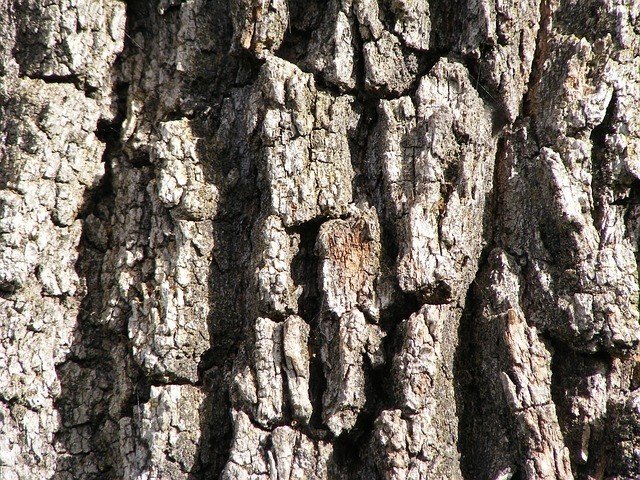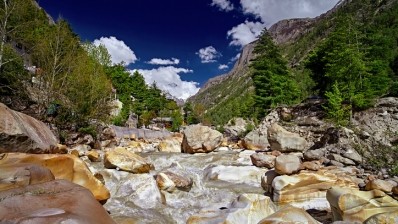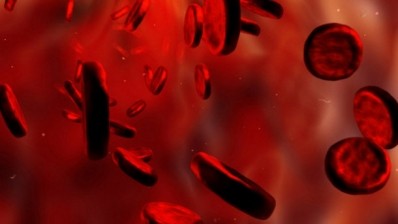Evergreen oak bark extract aids kidney stone treatment: South Korean study

Testing on 24 six-week-old male rats, researchers from Chung-Ang University discovered that acetone extract from the bark of Quercus gilva Blume (QGB), “a tall evergreen oak species tree that grows in warm temperate regions in Korea, Japan, China and Taiwan”, displayed anti-inflammatory, antioxidant and anti-urolithiasis properties.
The rats, who had already been subjected to induction of urolithiasis (kidney and bladder stones), were randomly divided into four groups: one control, one treated with saline, one administered a low dose of the extract, and the last administered a high dose, all via intraperitoneal injection.
After two weeks, the rats were dissected and their kidney stones weighed. The study stated that “the results showed QGB possessed a potent inhibitory activity in both the low-drug group and high-drug group, compared with the negative control group”.
Traditional medicines
It added that “QGB, which contains abundant catechin and procyanidins, may be effective to treat urolithiasis”.
QGB plants have formed the basis of several traditional medicines for many years, and have been credited with relieving kidney and bladder stones, tremors, and inflammation. This study isolated and pinpointed the phenolic compounds found in QGB as responsible for its antioxidative, anti-urolithiasis and anti-inflammatory characteristics.
The study said that “activity-guided isolation of 80% acetone extract from the barks of QGB yielded several polyphenols” that displayed potent anti-oxidation and anti-inflammation activity in vitro, and strong anti-urolithiasis effects in vivo.
In conclusion, the study stated: “Catechins, condensed tannins and QGB extract showed potent anti-oxidative, anti-inflammatory, and anti-urolithiasis activities. These results show that QGB may be developed as strong anti-inflammatory and anti-urolithiasis agents.”
Source: Molecules
https://doi.org/10.3390/molecules22071121
“Anti-Inflammatory and Anti-Urolithiasis Effects of Polyphenolic Compounds from Quercus gilva Blume”
Authors: Sung Hye Youn, et al.


















